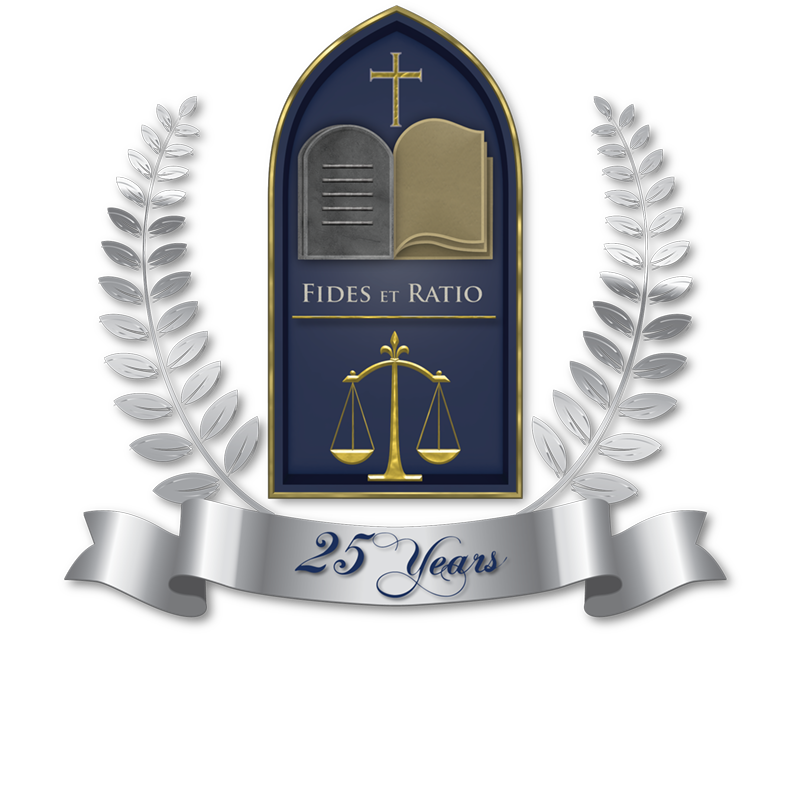(239) 687-5300
Mulieris Dignitatem Conference 2008
By Irene Lagan
Zenit News Agency (www.zenit.org)
9/24/2008 (1 decade ago)
Published in U.S.
WASHINGTON, D.C. (Zenit) – Pope John Paul II’s apostolic letter “Mulieris Dignitatem,” which made history 20 years ago as the first letter of its kind devoted entirely to the subject of women, continues to guide reflection on women and their contribution to society.A conference next week marking the anniversary of the document will continue two decades of reflection on the letter’s themes and tackle new challenges posed by contemporary society. The event, which will take place Oct. 3 at the John Paul II Cultural Center in Washington, D.C., is jointly sponsored by Ave Maria School of Law and the Catholic University of America Columbus School of Law.
George Mason University law professor Helen Alvaré, a key conference organizer, explained to us that many of the dilemmas faced by women 20 years ago are still with us.”Some have become more complex,” she said. “I think in particular the question of the meaning of ‘service’ for women, as mothers and as single women, is far from fully explored or harmonized with women’s opportunities ‘in the world.'” Alvaré said it takes time for a document like “Mulieris Dignitatem” to be “received” and fully appreciated: “Like so many documents of John Paul II, ‘Mulieris Dignitatem’ was prescient when written, and very deep in its analysis of women’s situation in the world, their essential gifts and essential dilemmas.”Even 20 years after its promulgation, it’s fitting to explore it in depth.”
Themes
The conference’s multidisciplinary panel of scholars will reflect on the nature and significance of the motherhood and consecrated life for contemporary society, the meaning of equality, and societal attempts to redress the disorder between men and women.In light of analyses about the human person that emerge from “Mulieris Dignitatem,” scholars will address how these themes and current issues such as pornography, domestic violence and abortion legislation figure into American Constitutional law, international law, canon law and family law, including pornography, domestic violence and abortion legislation.
While some would struggle to see the relevance of a highly theological text to the study of law, acting dean and associate professor of Ave Maria School of Law, Eugene Milhizer, explained that human law is inseparably linked to natural law: “The American legal culture is steeped in a superficial and partial account of the obligatory nature of the law, namely, that only human — or positive — law has full validity and is binding because it comes from a lawfully established human power.Ultimately, as Blessed Antonio Rosmini once said, ‘The human person is the essence of the law.'”
In “Mulieris Dignitatem,” Pope John Paul addressed the challenge of contemporary feminism with a theological reflection on the true meaning of womanhood, the vocation of women, and the role of women in the Church and in society. The letter, issued in 1988 on the occasion of the Marian Year, is written as a meditation on the Virgin Mary, the Mother of God, within the context of the mystery of Christ and the Church.
In addition to addressing the particular challenges of contemporary feminism, the letter followed a recommendation from bishops who held a synod in 1987 to discuss the vocation and mission of the laity. Recognizing the need for increased authentic participation of the laity in the life of the Church, the bishops recommended further study on the anthropological and theological foundations needed to address problems associated “with the meaning and dignity of being a woman and of being a man” (“Mulieris Dignitatem,” No. 1)
Prophetic
According to Ave Maria School of Law professor Jane Adolphe, who is also a main organizer for the conference, the event underscores pressing issues for both the Church as a whole and society, and the prescience of the apostolic letter.”We live in a time where the particular gifts of women are urgently needed in all sectors of society,” she said. “On one hand there is greater understanding of the crucial role women play. But in a world filled with abuse of power, exploitation, and violence, women often bounce between two extremes.In liberal milieus women often risk being viewed as objects, while in more conservative environments, women are sometimes shunned or avoided. The challenge for all women — especially the laity — in answering the call to holiness is to radiate the love of God in a world so opposed to his love.”
Reverend Monsignor Grzegorz Kaszak, secretary of the Pontifical Council for the Family, one of the keynote speakers, said: “We have seen many advances for women in the society in the past 20 years. But at the same time, we have seen new problems emerge.”This congress will help focus our attention on these areas, and will be useful for the Church and ultimately for society as a whole.”



